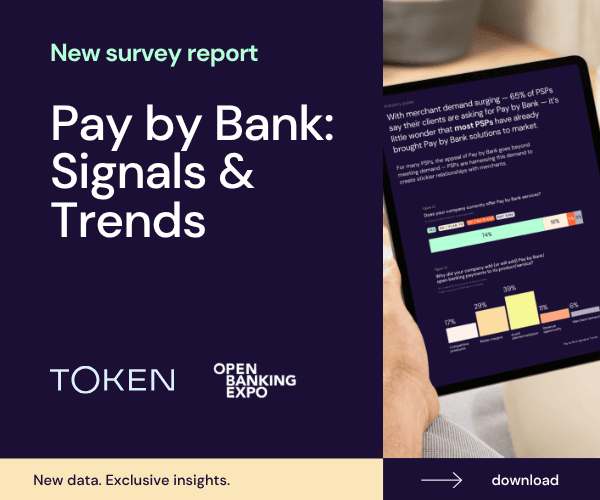
Open Banking up and running in Brazil
OpenBankingExpo | News
01 Feb 2021
Source: Central Bank of Brazil
As of today, the first phase of Open Banking will start operating in Brazil, whose regulation will be implemented gradually, phased and evolutionary, until December 15, 2021.
At this stage, Open Banking provides the necessary conditions for the development by the market of business models and services that make it easier for customers to compare different financial products and services available for contracting, similar to what already exists in other segments of the economy.
It will be mandatory to open to the public data from institutions participating in the Open Banking ecosystem on their service channels and the characteristics of retail banking products and services related to accounts, credit card and credit operations available for contracting by natural and legal persons.
It should be noted that the process of sharing the characteristics of these products and services will be digital, taking place through open and standardized APIs, and the information available is more extensive and detailed in relation to what is already public today.
In Phase I there is no sharing of customer data. The client’s registration or financial transaction information may only be shared between participating institutions regulated, authorized and supervised by the Central Bank as from Phase II, which begins on July 15, 2021, and only when the sharing is expressly authorized by the bank itself. client.
For the purposes of sharing customer data, from July onwards, large institutions, classified as S1 and S2 by prudential regulation, are considered mandatory participants in Open Banking, with the voluntary participation of other institutions authorized to operate by the Central Bank being admitted.
All exchanges of information within the scope of the Open Banking ecosystem will be fully secure, as will all transactions within the scope of the National Financial System. Only institutions regulated, authorized and supervised by the Central Bank may participate in the Open Banking, with the institution and its directors subject to the administrative sanctions provided for in the legislation in force for any breach of bank secrecy.
The Open Banking is a regulatory initiative to increase efficiency and competition within the national financial system through standardization and digitization of data sharing process and financial services (via APIs) by the institutions authorized by the Central Bank. This initiative has as its main beneficiary the customer, who will be able (from Phase II) to allow the sharing of their registration information and financial transactions between institutions participating in the Open Banking ecosystem.
For more information on participants, their APIs and technical specifications, click here to access the governance structure portal responsible for implementing Open Banking in Brazil.
Phases
The sharing scope is divided into four phases: Open Data (2/1/21) – data on customer service channels, products and services related to accounts, credit card and credit operations; Registration and Transactional Data (7/15/21) – registration and transactional data of customers related to the same products and services as the initial phase; Services (8/30/21) – payment transaction initiation and credit transaction proposal forwarding services; and Open Finance (12/15/21) – data on foreign exchange operations, investments, insurance, open private pension, among others.



